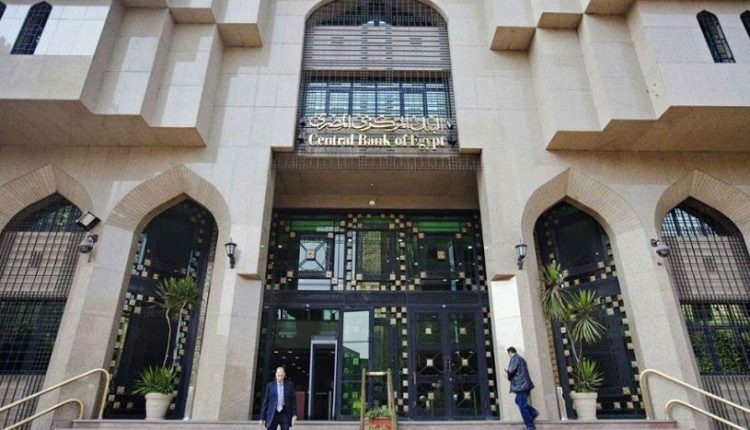The Central Bank of Egypt (CBE) issued analysis showed that the US dollar index rose globally by 0.60 percent, benefiting from the increasing expectations of an increase in the interest rate at the Federal Reserve (the US Central Bank).
According to the report, this led to the US dollar rising more than the losses it recorded at the beginning of the week.
This was led by lower bond yields, and the euro fell 0.59 percent against the strong dollar, despite the release of the minutes of the European Central Bank meeting in September – which confirmed the direction of policy makers towards tightening monetary policy.
The recession fears rose in Europe during the week, as retail sales in the Eurozone fell year on year more than expected in August, which indicates weak demand from consumers.
According to the report, the euro failed to break the parity level with the US dollar, to end the week at $0.9744, and the pound sterling lost 0.75 percent during the week, mainly as a result of the Bank of England’s announcement on Wednesday that it did not buy any British bonds as part of its emergency operations to support the bond market, and for the second day in a row.
It also raised concerns that such a measure could add more turmoil to British markets, which weighed on the pound.




